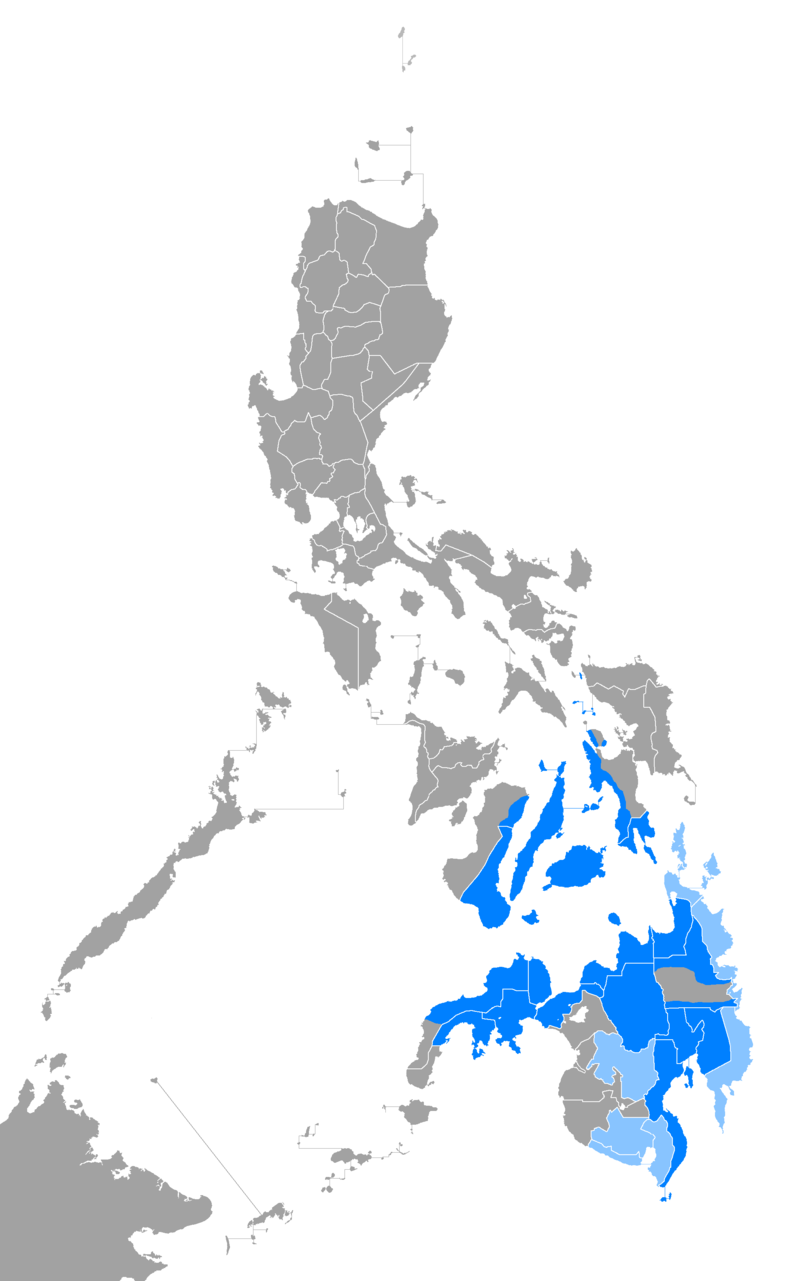Mous in Cebuano
Do you know Mous in Cebuano? How to use Mous in Cebuano and how to say Mous in Cebuano? How to write Mous in Cebuano? Now let's learn how to say Mous in Cebuano language.
Mous translate to Cebuano meanings: bantog nga.
In other words, bantog nga in Cebuano is Mous in English.Click to pronunce
| English | Cebuano |

|

|
| Mous | bantog nga |
How to use Mous in Cebuano?
Meaning of Mous in Cebuano language is: bantog nga.
Other words in Cebuano
- What is Mixer in Cebuano?
- What is Mayoral in Cebuano?
- What is Moment in Cebuano?
- What is Mines in Cebuano?
- What is Movingly in Cebuano?
Additional definition and meaning of Mous in Cebuano language
Why we should learn Cebuano language?
There are many, many reasons why learning a new language is a good idea. It allows you to communicate with new people. It helps you to see things from a different perspective, or get a deeper understanding of another culture. It helps you to become a better listener. It even has health benefits, as studies have shown that people who speak two or more languages have more active minds later in life!
7 reasons to learn a Cebuano language
- Makes you smarter.
- Boosts academic achievement.
- Provides professional and career advantages.
- Provides broader access to education and information.
- Gives you more social and global skills.
- Increases national security.
- Life is more interesting.
How to say Mous in Cebuano?
bantog nga. This is your most common way to say Mous in bantog nga language. Click audio icon to pronounce Mous in Cebuano::
| English | Cebuano |

|

|
| Mous | bantog nga |
How to write Mous in Cebuano?
The standard way to write "Mous" in Cebuano is: bantog nga
Alphabet in Cebuano

About Cebuano language
See more about Cebuano language in here.
Cebuano (/sɛˈbwɑːnoʊ/), also referred to by most of its speakers simply as Bisaya or Binisaya (translated into English as Visayan, though this should not be confused with other Bisayan languages), is an Austronesian language, spoken in the southern Philippines. Specifically, it flourishes in Central Visayas, western parts of Eastern Visayas and on most of Mindanao. It originated on the island of Cebu, and now is spoken primarily by various Visayan ethnolinguistic groups who are native to those areas, primarily the Cebuanos. While Tagalog has the largest number of native speakers among the languages of the Philippines, Cebuano had the largest native-language-speaking population in the Philippines, from the 1950s until about the 1980s.[failed verification] It is by far the most widely spoken of the Bisayan languages..
Writing system in Cebuano
Latin (Cebuano alphabet), Philippine Braille, Baybayin or originally known as Badlit (historical)
Cebuano Speaking Countries and Territories
Cebuano Speaking Countries and Territories: Philippines.

Cebuano native speakers
Cebuano native speakers: 27.5 million (2020).
Cebuano language code
Cebuano language code is: ceb.
Conclusion on Mous in Cebuano
Now that you have learned and understood the common ways of saying Mous in Cebuano is "bantog nga", it's time to learn how to say Mous in Cebuano. This will hopefully give you a little motivation to study Cebuano today.
bantog nga in Cebuano meanings Mous in English.
